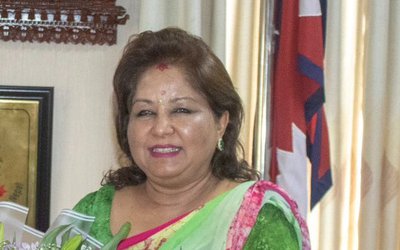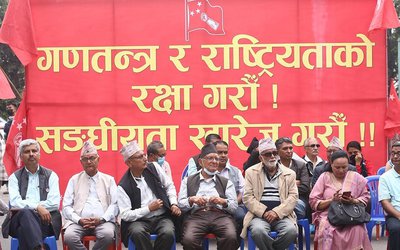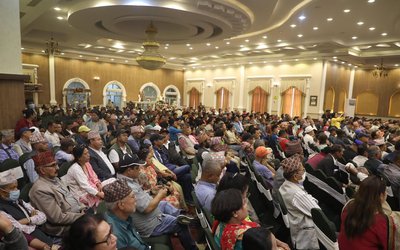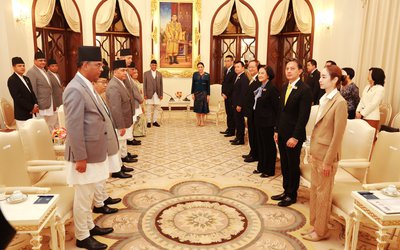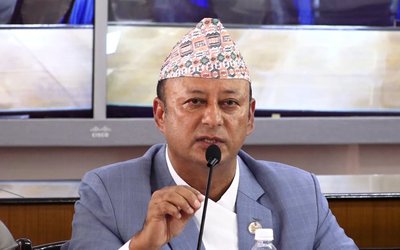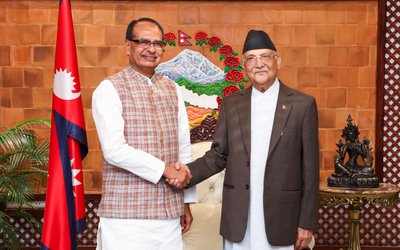When one of India’s best known citizens, Amitabh Bachchan, mistook Olympic-medal winning boxer Mary Kom, a Manipuri, for an Assamese in his tweet, very few eyebrows were raised. ‘We don’t blame Mr. Bachchan’, said one. ‘Many others would say the same’. Similarly, people are not surprised when Irom Sharmila, another Manipurian, who has been fasting for the last 12 years, gets little attention than Anna Hazarre who manages to grab every headline in his 10 or 12 days of hunger strike.
Discriminated against and neglected for years by the Centre, the North Eastern states and the people living there are almost like aliens to many other Indians. The North East consists of Assam, Arunachal Pradesh, Meghalaya, Manipur, Mizoram, Nagaland and Tripura nicknamed the seven sisters. Gripped by political insurgency and poverty since the time of independence, thousands of students and others from these states come to metro cities seeking quality education and better jobs but fall victim to different forms of discriminations. It is against this backdrop that the recent developments will have to been seen.
First, communal violence between the Bodos and Muslims in Assam went on to claim more than 75 lives and displaced an estimated three hundred thousand others. But what was even more alarming was its unseen repercussion that followed within days in other parts of India.
Soon after the Kokrajhar (the village in Assam where violence erupted) clashes left Assam torn and tattered, the North Easterners were left in an unprecedented panic in various parts of the country especially in Maharashtra and Karnataka following bulk SMSes of Muslim threat to attack them. The fear-stricken people started an exodus to their hometown. The Bangalore railway station was crowded to the hilt. According to the reports, the number of people returning from Mumbai, Bangalore and other Southern cities was nearly 30,000.
The incidents did widen the gap between the North Eastern community and the other Indians. It is not new to hear news about people from North East being discriminated against in major cities. Students are called names, tenants denied rooms and many girls from the community are sexually assaulted. ‘It is hard to find a sense of belonging towards the country that we live in’ says one student. ‘We feel like a foreigner in our own land,’ he added.
The discrimination is most visible at the political level, where North East has received little to no attention at all. ‘Just because we have a different physical appearance and speak our own language doesn’t mean we are not Indians’ said one participant in a rally of North Eastern students referring to their Mongolian looks. To the cheers and claps of his friends he shouted, ‘We are Indians by heart’! But the rest of India especially the Centre does not seem to appreciate it.
The North East remains very much secluded from the rest of India; both geographically and culturally. Consisting of more than 200 tribal groups, people speak their own language, dress up according to their own groups, have their own authentic cuisines etc. This is far different from what is commonly understood as the mainstream Indian cultures and languages. The physical appearance has also caused problem many times. The North Easterners belong to the Mongolian family unlike the rest who come from the Indo–Aryan family.
The Centre and the State governments of Karnataka and Maharashtra have tried to assuage the fears of the North-Easterners and pledged all security. Lately, there have been reports that the exodus has slowed down, but the psychological barriers will take years to go away. In fact, such barriers will not go away until and unless the genuine grievances and causes of the long-neglected and discriminated seven sisters are addressed.
- Ukrainian Crisis And The World (Dis)Order
- Apr 22, 2022
- China’s Cautious Steps In The Graveyard Of Empires
- Aug 18, 2021
- Foreign Aid On The Fence!
- Aug 08, 2021
- Communist Party of China centenary celebrations Reading between the lips
- Jul 14, 2021
- Second Wave Of Covid-19 In India: Deadly Blow To The Economy
- Jun 23, 2021

